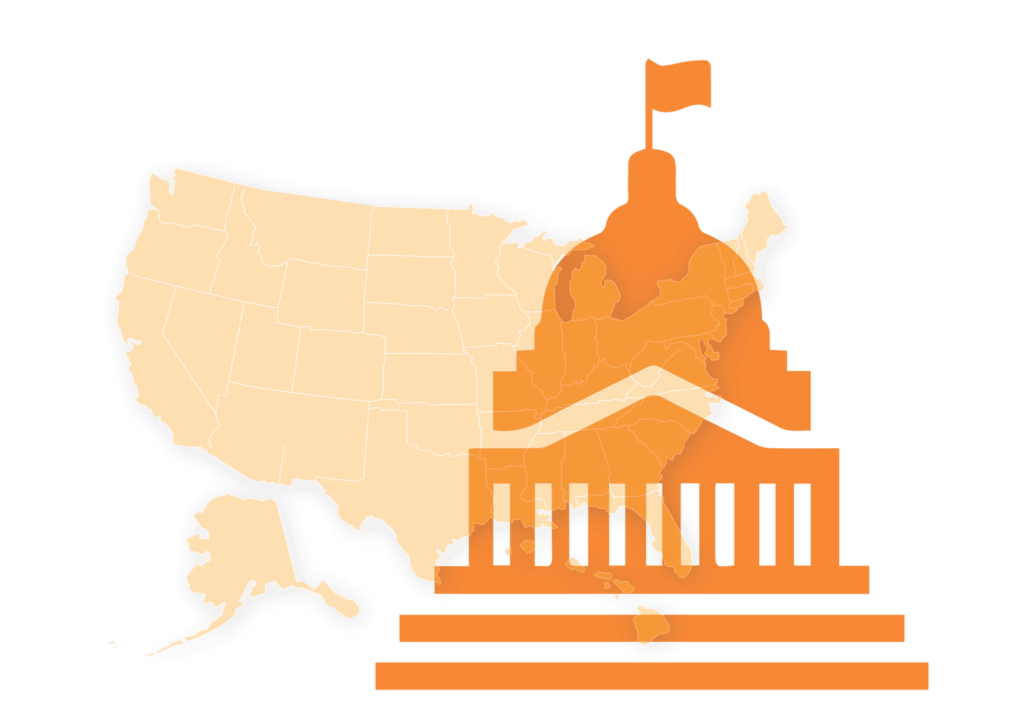Fifty-four years ago, President Lyndon B. Johnson signed into law the Higher Education Act (HEA) of 1965, creating the framework for the system of higher education that students, programs, colleges, and universities operate within today. In his remarks that day, President Johnson called HEA the key that unlocks the “most important door that will ever open — the door to education.” He also said of the massive bill, “I doubt that any future Congress will ever erect a prouder monument for future generations.”
Right now, this Congress has the opportunity to prove President Johnson wrong.
Though HEA has been updated several times since 1965, the current law governing higher education is six years overdue for Congressional reauthorization. Since 2013, policymakers have deferred large-scale, much-needed reforms to our current system, leaving students and their families struggling to afford the skyrocketing cost of college, falling prey to predatory actors, and caught in the widening equity gaps that defer their dreams. Though House Republicans and Democrats have introduced their own proposals over the past two years, lawmakers have not worked in a truly bipartisan way to improve the current system.
Recently, Senate Health, Education, Labor, and Pensions Committee Chairman Lamar Alexander (R-TN) introduced a piecemeal package of bills that would make smaller reforms to HEA. While this package features some bipartisan ideas (most notably, FAFSA reform), it stops very short of a comprehensive plan to improve and reauthorize HEA at large and holds federal funds for HBCUs and other minority-serving institutions hostage in a partisan process.
Ed Trust research shows that Black and Latino students are underrepresented at public colleges and universities, creating a critical need for race-conscious higher education policy. Because of this, we believe that any reauthorization of HEA must be comprehensive and make meaningful improvements in the following areas:
Ed Trust continues to work in coalitions with our partners on these issues and the many others that impact students from low-income backgrounds and students of color, including lifting the ban on the use of Pell Grants by individuals who are incarcerated.
Congress has the obligation to put aside partisan disagreements and act to advance polices that will move the needle on student success, create a more equitable system of higher education for students from low-income backgrounds and students of color, and change the trajectory of students’ lives for the better.




